15 Common Tourist Scams In Gorgeous Places You’d Never Expect
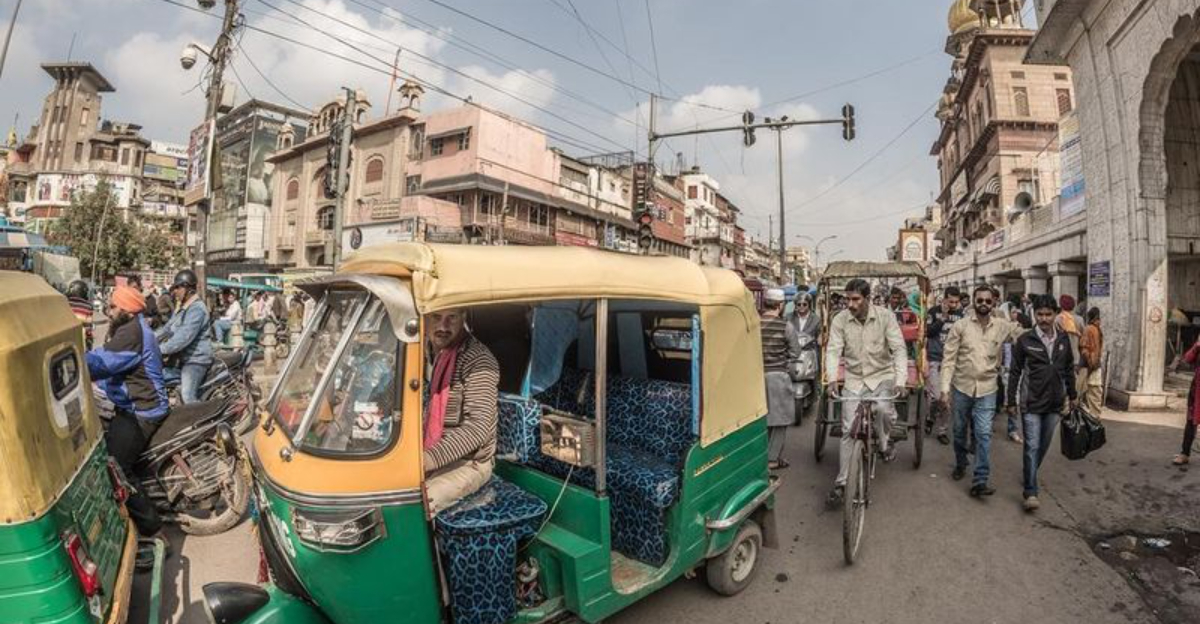
Traveling to beautiful destinations can feel like the ultimate adventure, but even paradise isn’t immune to pitfalls. Scammers often target tourists, taking advantage of distractions or unfamiliarity with local customs.
Whether it’s inflated prices, misleading tours, or unexpected fees, these scams can quickly turn a dream vacation into a costly experience.
By learning about common tourist traps before your next trip, you can avoid falling victim and keep your memories—and wallet—intact. Stay informed and travel smart!
1. The Bracelet Trick – Paris
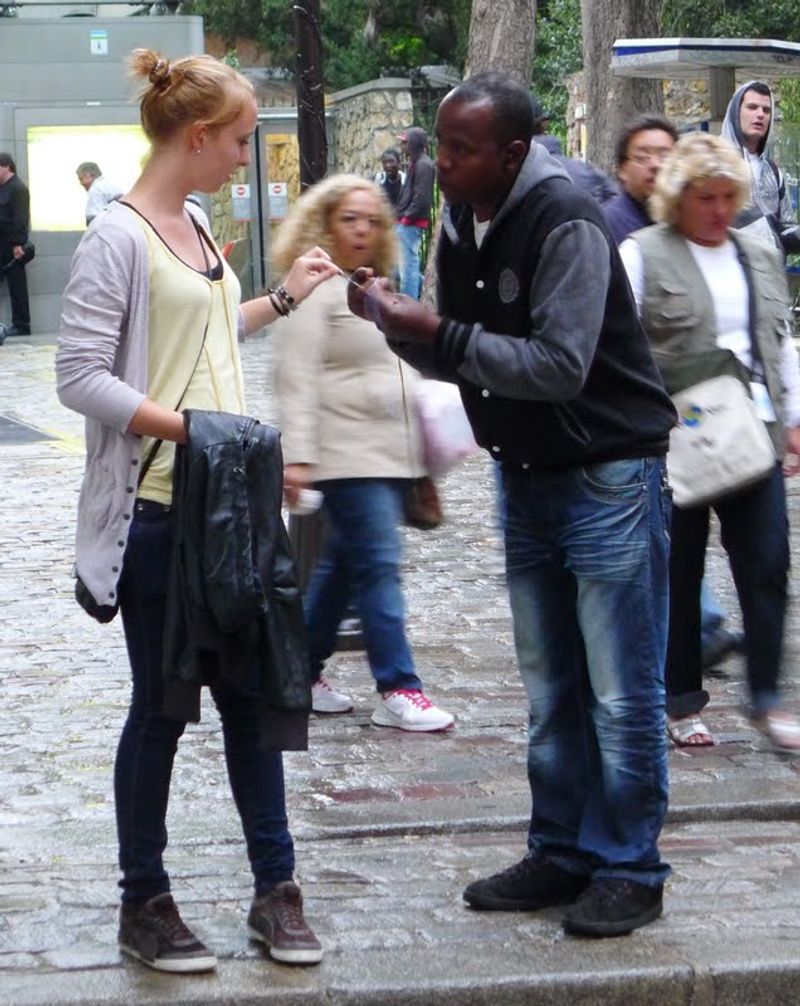
Friendly strangers near the Eiffel Tower or Sacré-Cœur might approach you, quickly tie a colorful string bracelet around your wrist, then demand payment. They’ll create a scene if you refuse, banking on your embarrassment in this romantic city.
I learned this the hard way when admiring the Parisian skyline. Walking away doesn’t work – they’ll follow you insistently. Your best defense is a firm “non, merci” while keeping your hands in your pockets.
If caught in this situation, offer a single euro and walk directly toward any police officer or crowded area. Never pay the outrageous €20 or more they typically demand for a bracelet worth pennies.
2. Taxi Overcharges – Rome
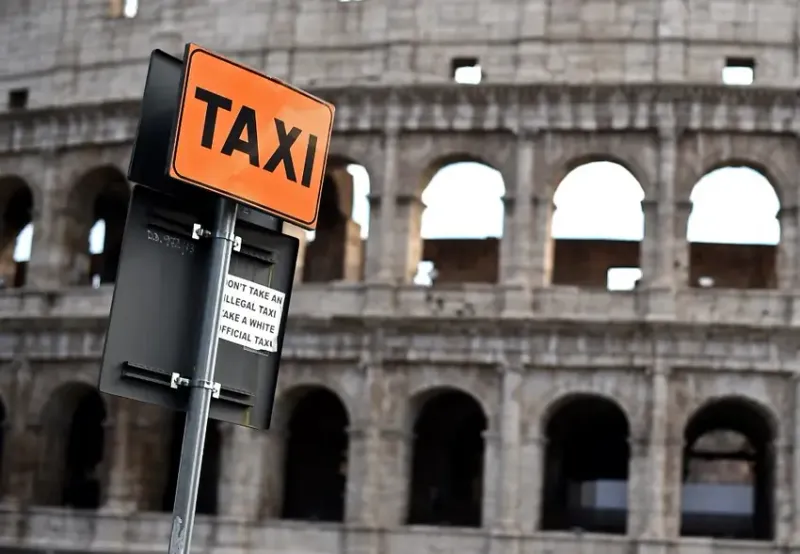
Roman taxi drivers sometimes take the “scenic route” when driving tourists from the airport or train station. My friend Sarah paid triple the normal fare when her driver circled the Colosseum three times before reaching her hotel just two blocks away!
Before entering any taxi, verify it’s official (white with a taxi sign) and insist on using the meter. Smart travelers have Google Maps open on their phones to track the route.
Fixed rates exist between Fiumicino Airport and central Rome (around €50). Know this amount and have exact change ready. If a driver claims the meter is broken, politely exit and find another cab.
3. Damaged Scooter Blame – Bali
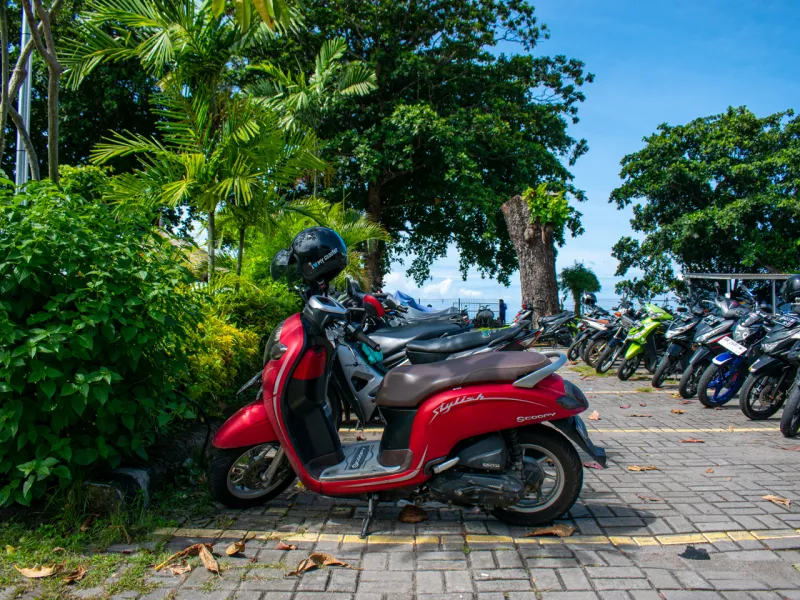
Renting a scooter in Bali feels like freedom until you return it and face accusations of causing pre-existing damage. The rental shop might suddenly “discover” scratches or dents, demanding hundreds of dollars for repairs that never happen.
I always take detailed photos of any rental vehicle before driving away. Circle the scooter with your phone recording video, capturing every angle including the odometer and gas level.
Choose reputable rental companies with positive reviews even if they cost a few dollars more. Get everything in writing, including existing damage, and never hand over your passport as collateral – a copy should suffice. Many travelers find peace of mind using their hotel’s recommended rental services.
4. Fake Police – Mexico City

Heart racing, wallet emptying – that’s the experience when confronted by someone in what appears to be a police uniform claiming you’ve broken a law. These imposters often target tourists near popular attractions in Mexico City, demanding immediate cash “fines.”
Real Mexican police don’t collect fines on the spot. If approached, politely request to handle the matter at the nearest police station. This usually sends scammers scrambling.
Keep your passport secure at your hotel (carry only a photocopy) and know the tourist police number (55-5250-8221). Genuine officers won’t object to you calling their headquarters to verify their identity. When in doubt, attract attention from nearby shopkeepers or other tourists.
5. Broken Camera Swap – Bangkok

Bangkok’s bustling markets hide a nasty surprise for photography enthusiasts. A friendly local might offer to take your photo, then accidentally “drop” your camera. When they hand it back, you’ve received an identical-looking broken camera they’ve swapped for yours.
The switch happens in seconds – too fast to notice until you try taking your next photo. I’ve made it a personal rule: never hand my camera or phone to strangers, no matter how trustworthy they seem.
If you want that perfect vacation shot, ask fellow tourists or use a selfie stick. For expensive equipment, consider etching your name or a unique mark somewhere discreet. Some travelers even place a small, hidden sticker inside the battery compartment as proof of ownership.
6. Petition Scam – Barcelona
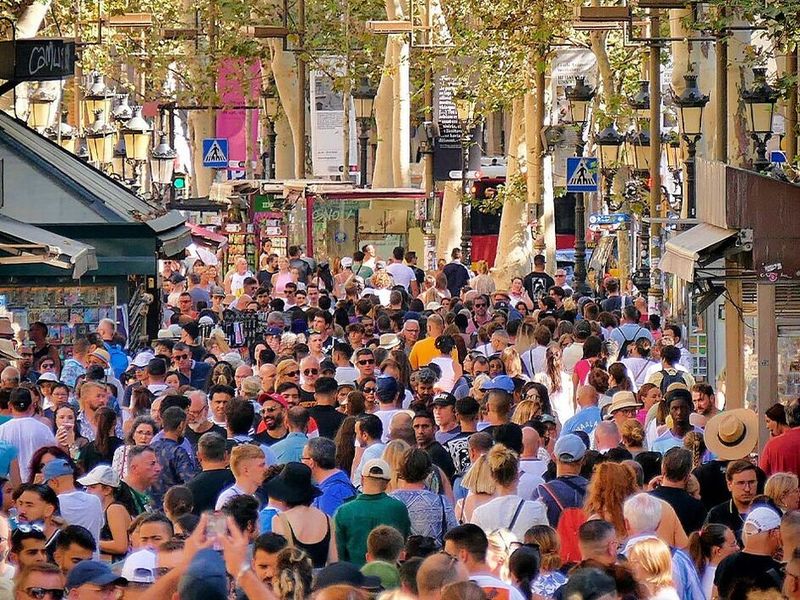
While admiring Gaudí’s architecture on Las Ramblas, someone approaches with a clipboard asking for your signature supporting a seemingly worthy cause. This classic Barcelona distraction works brilliantly – while you’re reading the petition, accomplices pick your pockets or bag.
These scammers often target compassionate travelers, claiming to represent disability organizations. The petition itself usually demands a “donation” after signing, adding financial loss to potential theft.
My strategy is simple: never stop walking when approached by clipboard-carriers. A firm “no gracias” while continuing your pace prevents them from establishing the necessary distraction. Keep valuables in front pockets or money belts, especially in crowded tourist areas like Sagrada Familia or Park Güell.
7. “Free” Tours – Prague
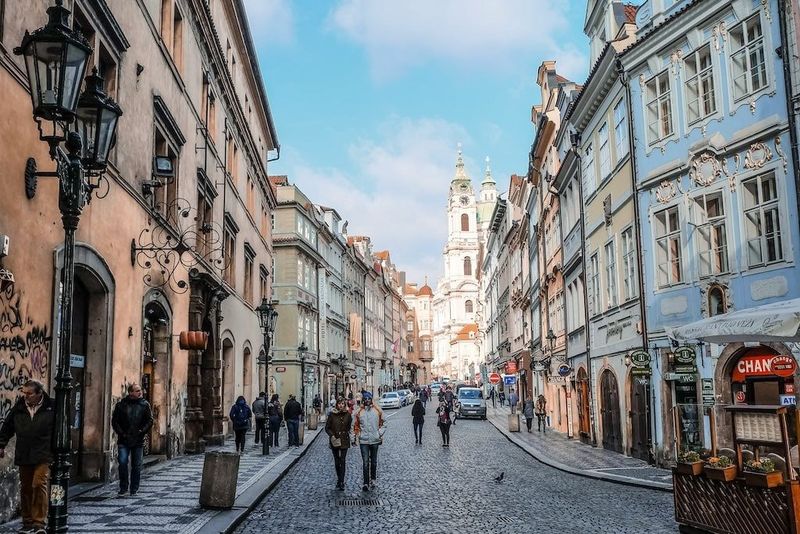
Prague’s charming cobblestone streets are filled with guides offering “free walking tours” that showcase the city’s magnificent architecture. However, many tourists don’t realize these guides expect substantial tips – often €20-30 per person – and can become surprisingly aggressive if you pay less.
During my visit to Prague Castle, our “free” guide spent the final 15 minutes emphasizing how this was his only income. The awkward money collection created tension in our previously friendly group.
Legitimate free tours exist, but research companies beforehand and read reviews. Ask upfront about expected gratuities. For truly budget-friendly exploration, consider downloading self-guided tour apps or following mapped routes from your guidebook instead of risking uncomfortable payment confrontations.
8. Tuktuk Loop – New Delhi

Colorful tuktuks seem like the perfect way to navigate New Delhi’s busy streets until your driver claims your destination is suddenly “closed” or “dangerous.” Instead, he’ll suggest visiting his “cousin’s shop” for amazing deals or take you on an extended tour past commission-paying establishments.
My friend Josh spent an entire afternoon being driven to jewelry stores and carpet shops when he simply wanted to reach the Red Fort. Each stop featured increasingly pushy salespeople while the driver waited for his commission.
Avoid this trap by researching opening times before your trip and confidently stating you know the destination is open. Use ride-hailing apps with fixed prices when possible, or agree on a fare before entering any tuktuk. If your driver insists on detours, firmly request your original destination or exit at a safe location.
9. Photo Animal Hustle – Marrakech
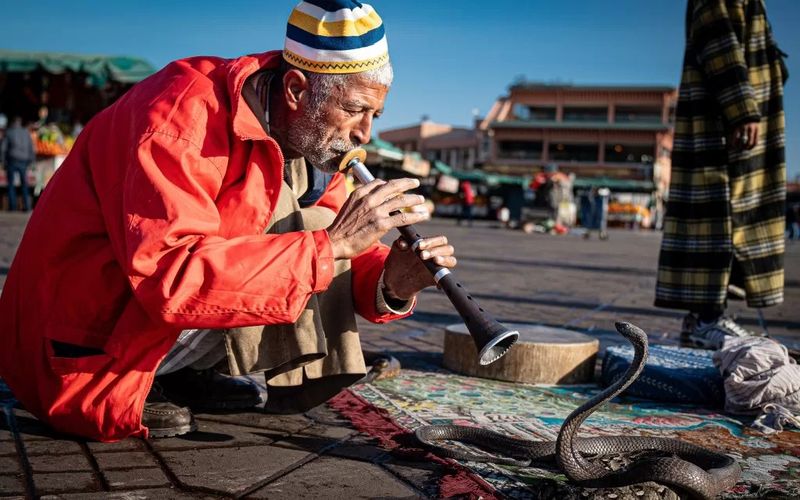
Snake charmers and men with monkeys in Marrakech’s famous Jemaa el-Fnaa square make for tempting photo opportunities. The initial invitation seems friendly – “No money, just take picture!” – but transforms into aggressive demands for cash once the snake is draped around your neck or monkey placed on your shoulder.
Unable to easily escape with an animal on you, most tourists pay the requested amount (often 200-300 dirhams, about $20-30). These handlers know exactly how to create uncomfortable situations that open wallets.
Admire these traditional performers from a distance instead. If you really want that exotic animal photo, negotiate the price beforehand and have exact change ready. Remember that many animal welfare organizations caution against supporting these practices entirely due to concerns about the animals’ treatment.
10. ATM Tampering – Lisbon
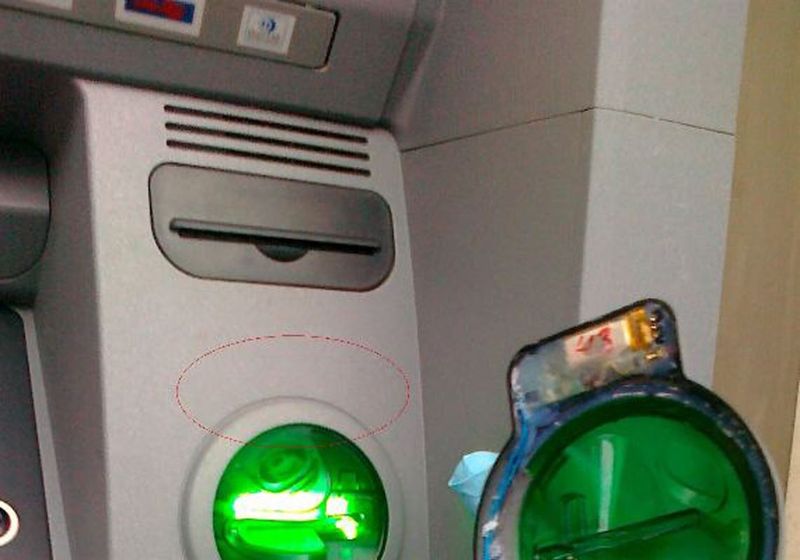
Lisbon’s picturesque hills hide a modern danger: compromised ATMs. Scammers install nearly invisible card skimmers and tiny cameras to capture both your card details and PIN code. The charming Alfama district, with its narrow streets and fewer security cameras, is particularly targeted.
I always wiggle the card reader before inserting my card. If anything feels loose or looks unusual, find another machine. Cover the keypad with your free hand when entering your PIN, even if nobody’s nearby – hidden cameras are often positioned overhead.
Withdrawing cash from bank-attached ATMs during business hours provides additional security. Many travelers now bring two cards, keeping one as backup in the hotel safe. Immediately check your account for unexpected transactions if you suspect your card information has been compromised.
11. Spilled Drink Setup – Buenos Aires
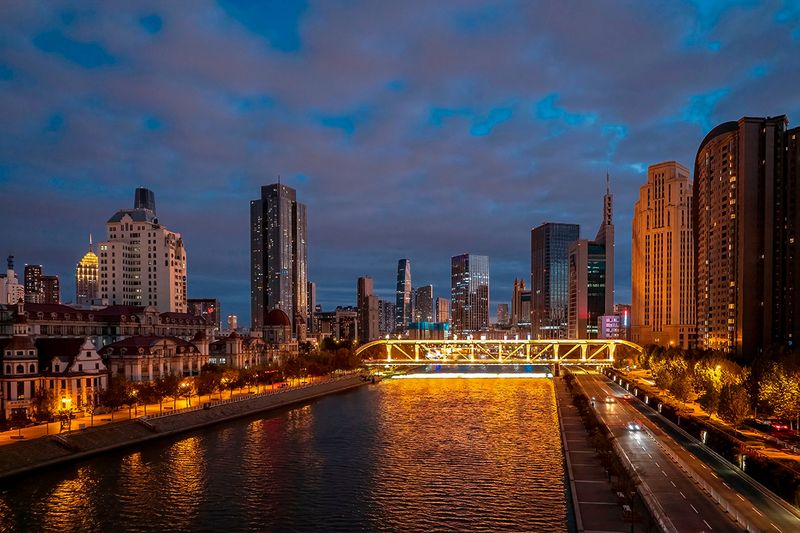
Walking through Buenos Aires’ elegant Recoleta neighborhood, someone suddenly bumps into you, spilling a drink or condiment on your clothes. While they apologetically help clean the mess, accomplices swiftly grab your belongings or pick your pockets in the confusion.
This scam works because it creates genuine surprise and distraction. Your natural focus on the stain leaves valuables momentarily unguarded. Even seasoned travelers fall victim to this one.
If this happens, step away from the crowd before addressing the spill. Keep your bag firmly secured against your body throughout the interaction. Politely decline excessive help with cleaning and quickly check that your phone, wallet, and camera are still in place. Being aware of this tactic removes the crucial element of surprise scammers rely on.
12. Fake Attraction Closures – Istanbul

Approaching Istanbul’s magnificent Blue Mosque, a friendly local might inform you it’s temporarily closed for prayer or a special event. They’ll helpfully suggest visiting their shop or another attraction while waiting. The mosque, of course, remains open—they simply want to divert you to commission-generating locations.
This happened during my visit near Sultanahmet Square. A convincing man in semi-official looking attire insisted Hagia Sophia was closed for cleaning, offering to guide me to a “special carpet exhibition” meanwhile.
Always verify opening times at your hotel or official tourist information centers before heading out. Religious sites do close for prayers, but these times are scheduled and posted. When someone approaches with closure information, politely thank them and continue to the entrance to check for yourself.
13. Change Scam – Vietnam

Vietnam’s currency confuses many visitors with its multiple zeros – one million dong equals roughly $40 USD. Street vendors in Hanoi and Ho Chi Minh City sometimes exploit this confusion by returning change in old, defunct currency or by calculating change incorrectly.
Another variation happens when paying with large bills. The vendor quickly switches your authentic note with a counterfeit one, then claims you’ve given them fake money. This forces you to provide another bill while they pocket your original.
I always announce the denomination when handing over money: “Here’s 500,000 dong.” Count change immediately and familiarize yourself with current Vietnamese currency before your trip. Using smaller bills when possible and keeping track of the approximate exchange rate helps avoid mathematical manipulation. When making significant purchases, consider paying by card at established businesses.
14. Overfriendly Local – Athens
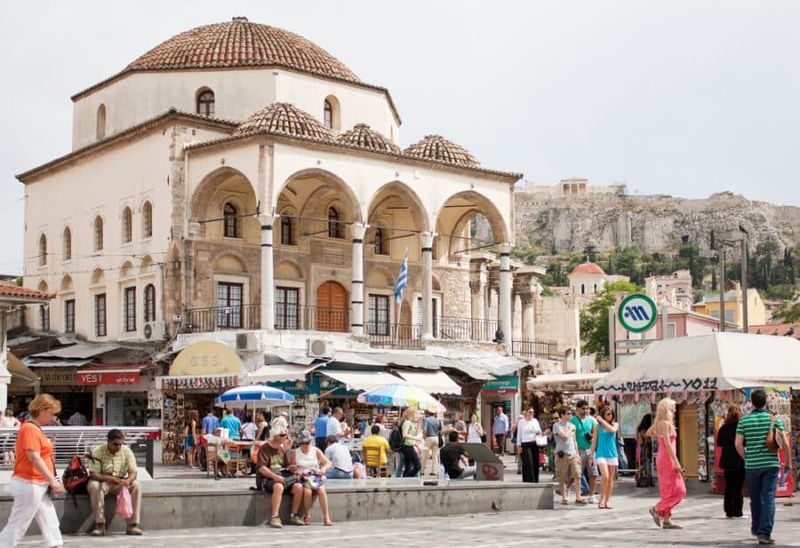
Athens offers incredible hospitality, but beware the extraordinarily friendly stranger who approaches near the Acropolis offering to show you an “authentic” local restaurant. These seemingly generous guides lead tourists to overpriced establishments where they receive commissions on inflated bills.
My cousin experienced this classic scam near Syntagma Square. Her new “friend” insisted on introducing her to “the best souvlaki in Athens” – resulting in a €75 bill for a meal worth €15. When she questioned the price, the restaurant staff became intimidating.
Trust recommendations from your hotel concierge or researched guidebooks instead. If you do make local friends (which can be wonderful!), suggest the restaurant rather than following their lead. Legitimate Athenians rarely approach tourists randomly offering friendship and dining recommendations without ulterior motives.
15. Bogus Wi-Fi Spots – Rio

Relaxing at a café on Copacabana Beach, you might connect to a seemingly legitimate “Free_Beach_WiFi” network. However, these unsecured connections in Rio de Janeiro are often created by nearby scammers who monitor your activity, capturing passwords and credit card details as you browse.
During the Olympics, hundreds of tourists had their information stolen this way. The scammers create networks with names matching nearby businesses or locations, making them appear trustworthy.
Always verify the official network name with staff before connecting. Using a VPN (Virtual Private Network) adds crucial protection when using public Wi-Fi. For banking or sensitive transactions, rely on your mobile data instead of public networks. Some travelers bring their own portable Wi-Fi hotspots to Brazil, eliminating the need to connect to unknown networks entirely.
16. Rose Gift Ruse – Florence
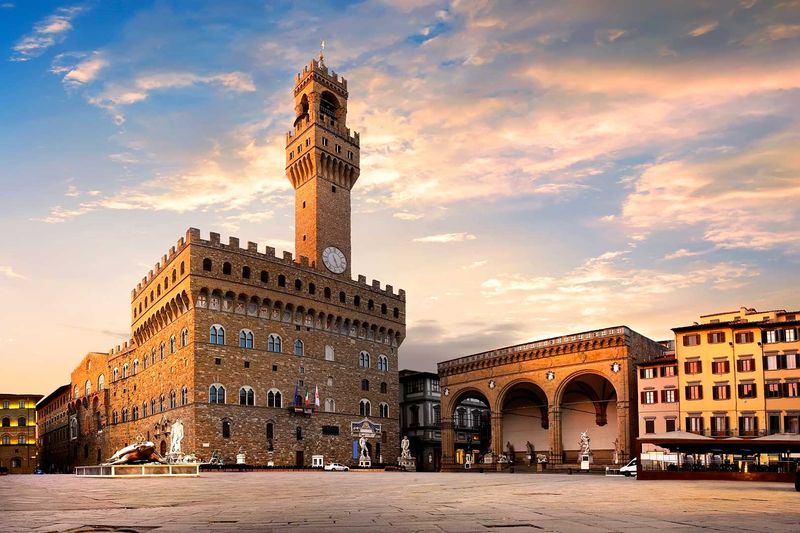
Strolling through Florence’s romantic Piazza della Signoria at sunset, a charming flower seller might suddenly present a “free” rose to female travelers or insist a male tourist take one for his companion. Once the flower changes hands, payment is aggressively demanded.
If you try returning the flower, they’ll refuse – after all, “a gift cannot be returned.” This creates an awkward public confrontation most tourists prefer to end by paying rather than causing a scene in such a beautiful setting.
When approached by rose sellers, keep your hands in your pockets and firmly say “no grazie” without slowing your pace. Never accept anything handed to you on the street, no matter how small or seemingly insignificant. This simple rule helps avoid many common scams throughout Italy’s most beautiful cities.
